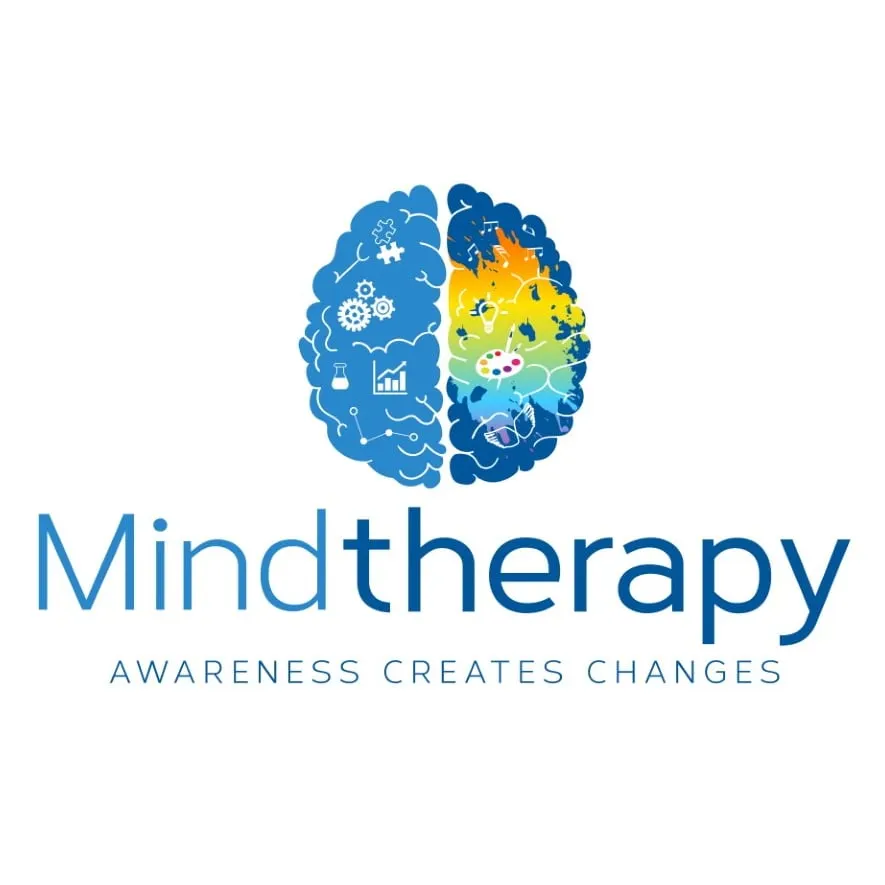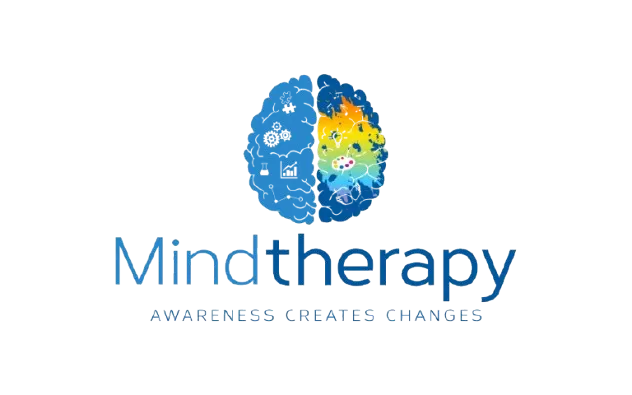Frequently Asked Questions
How often should I come to a session?
The pace and extent of your progress will largely depend on the nature of your concerns and your commitment to personal growth. Anxiety, a common issue I address, often sees significant improvement even from the first session, as I provide practical tools to manage it effectively. Typically, clients experience noticeable progress after three weekly sessions.
After this initial phase, the frequency of our sessions can be adjusted based on your comfort and needs. You may choose to extend the time between sessions or take a break. Regardless, I ensure that all my clients are equipped with self-help tools, empowering them to continue their journey towards well-being independently.
Do you treat children?
While I have experience in treating children, I've found that online therapy is most effective for those who are already attending school. Online therapy for younger children can present unique challenges, hence my focus on school-aged children and teenagers.
Parental involvement is a crucial aspect of my approach. Especially in the case of online therapy with teenagers, I believe in engaging with the parents as well. This collaborative approach ensures that we are all working in unison for the child's well-being and best interests.
Can you treat social anxiety?
Indeed, my therapeutic approach is rooted in first exploring and addressing the thought processes that underpin our behaviors and emotions. This crucial step allows us to understand the mental patterns that may be hindering progress.
Once an individual feels ready, we then transition to setting small, realistic goals. These are not just tasks to be completed, but milestones that mark the journey towards improved mental health and overall well-being. This gradual progression is designed to build the confidence necessary to tackle larger challenges that may seem daunting at the outset. Very small victory is a cause for celebration and an opportunity for growth.
These successes, no matter how minor they may seem, contribute to building a strong foundation of self-assurance and resilience. This confidence is the key that unlocks the potential to face life's challenges head-on.
Remember, the journey of a thousand miles begins with a single step. In therapy, each small step we take is a significant stride towards a healthier, happier you.
Is online therapy safe?
I utilize a state-of-the-art platform known as Kara Connect, which has been specifically designed with healthcare professionals in mind. This software functions similarly to familiar tools like FaceTime or Skype, but with added features tailored to the needs of health and wellness consultations.
What's more, Kara Connect is not just limited to your computer. It can be easily installed as an app on your phone, providing you with the flexibility to access our sessions from wherever you may be, whether at home, at work, or on the go. This ensures that you can maintain your wellness journey without interruption, no matter your schedule or location.
To learn more about Kara Connect and how it can facilitate our online therapy sessions, please visit their website here.
Is OCD treatable through therapy?
Absolutely, both Mindfulness and Cognitive Therapy have proven to be highly effective in managing and treating Obsessive-Compulsive Disorder (OCD). These therapeutic approaches provide individuals with practical skills and strategies to navigate the challenges posed by OCD.
Mindfulness, as a therapeutic tool, encourages individuals to stay present and focused, rather than getting entangled in intrusive thoughts or compulsive behaviors. It fosters a non-judgmental awareness of thoughts and feelings, which can help disrupt the cycle of obsessions and compulsions.
Cognitive Therapy, on the other hand, helps individuals identify and challenge the irrational beliefs and distorted thought patterns that often fuel OCD symptoms. By reframing these thoughts, individuals can better manage their responses and behaviors.
When combined, Mindfulness and Cognitive Therapy offer a comprehensive approach to OCD treatment. They empower individuals with the tools to not only cope with their symptoms but also to regain control over their lives. It's important to remember that while OCD can be challenging, with the right support and therapeutic guidance, it can be effectively managed.





